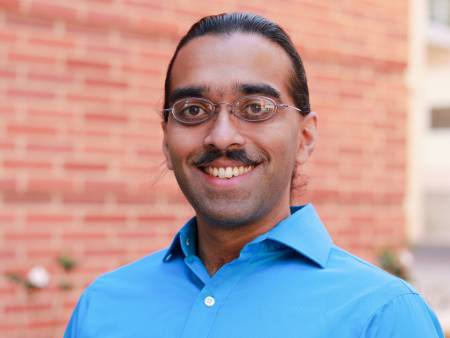
3:30 pm to 4:30 pm
1305 Newell Simon Hall
Abstract: Robots are pretty great — they can make some hard tasks easy, some dangerous tasks safe, or some unthinkable tasks possible. And they’re just plain fun to boot. But how many robots have you interacted with recently? And where do you think that puts you compared to the rest of the world’s people? In contrast to computation, automating physical interactions continues to be limited in scope and breadth. I’d like to change that. But in particular, I’d like to do so in a way that’s accessible to everyone, everywhere. In our lab, we work to lower barriers to robotics design, creation, and operation through material and mechanism design, computational tools, and mathematical analysis. We hope that with our efforts, everyone will be soon able to enjoy the benefits of robotics to work, to learn, and to play.
Brief Bio: Prof. Ankur Mehta is an assistant professor of Electrical and Computer Engineering at UCLA, and directs the Laboratory for Embedded Machines and Ubiquitous Robots (LEMUR). Pushing towards his visions of a future filled with robots, his research interests involve printable robotics, rapid design and fabrication, control systems, and multi-agent networks. He has received the DARPA Young Faculty award, NSF CAREER award, and a Samueli fellowship; he has also received best paper awards in the IEEE Robotics & Automation Magazine and the International Conference on Intelligent Robots and Systems (IROS). Prior to joining the UCLA faculty, Prof. Mehta was a postdoc at MIT’s Computer Science and Artificial Intelligence Laboratories investigating design automation for printable robots. Before to that, he conducted research as a graduate student at UC Berkeley in wireless sensor networks and systems, small autonomous aerial robots and rockets, control systems, and micro-electro-mechanical systems (MEMS). When not in the lab, Ankur enjoys puzzles, ultimate frisbee, board games, and social dancing.
Host: Zeynep Temel
For an appointment: Stephanie Matvey (smatvey@andrw.cmu.edu)
